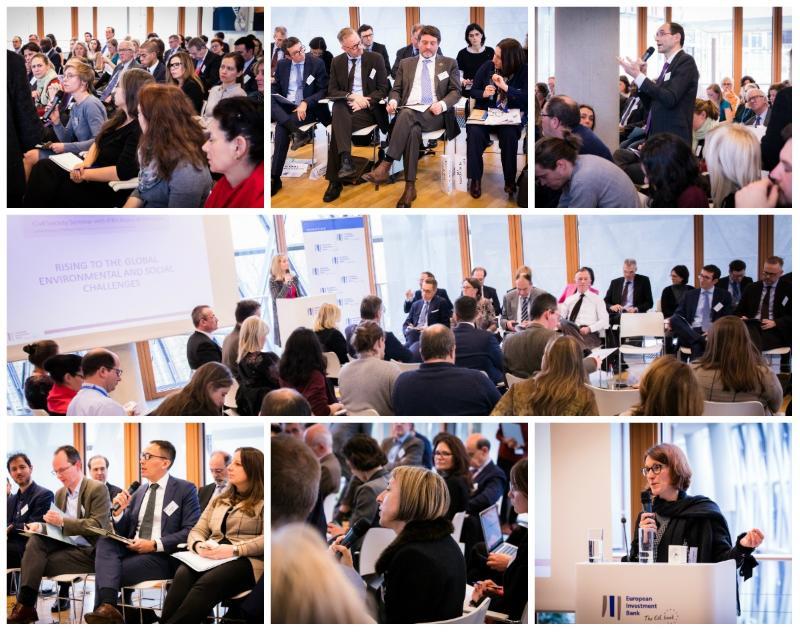On Monday 4 February 2019, the European Investment Bank’s (EIB) Board of Directors met with a very large number of civil society organisations during their annual seminar. This event is a key pillar of the Bank’s stakeholder engagement. It is the only forum where members of the Board of Directors meet with external stakeholders.
Sharing values and objectives
The seminar was opened by EIB Vice-President Alexander Stubb. He set the tone by emphasising the foundational values of the European project and how they should guide us if we are to successfully address the key challenges we are collectively facing.
